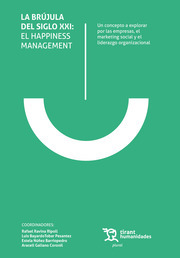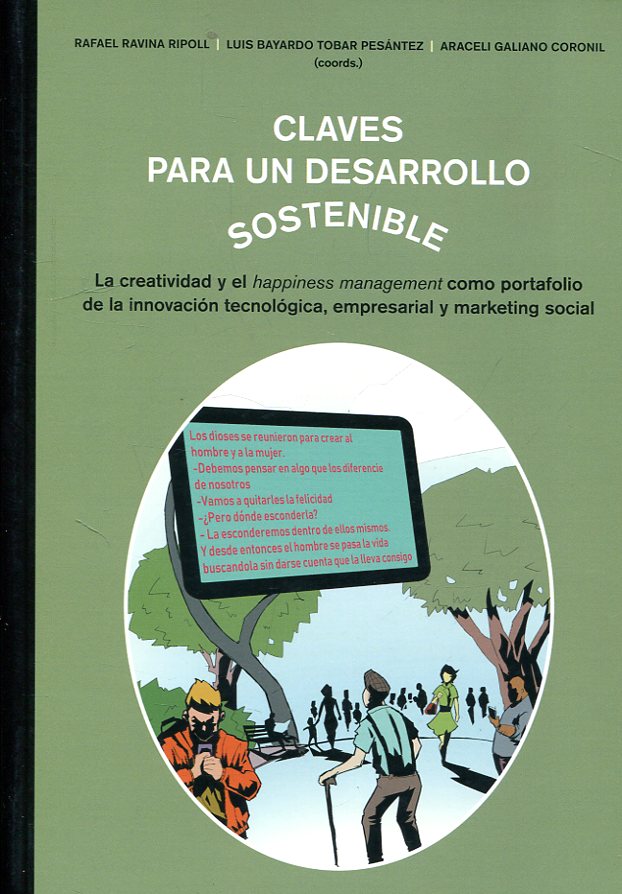A thousand ways to understand happiness in the economy of the European Union's 'Next Generation' funds
a comprehensive vision under the lens of social marketing, history and happiness management
- ISBN: 9788413694207
- Editorial: Editorial Comares
- Fecha de la edición: 2022
- Lugar de la edición: Granada. España
- Encuadernación: Rústica
- Medidas: 24 cm
- Nº Pág.: 196
- Idiomas: Inglés

Like the New Deal (1933-1938), the Next Generation funds were created to consolidate the Welfare State in the European Union during the post-Covid-19 era. To this end, comprehensive public spending policies are being carried out and supported; it is to be imagined by Keynes' anti-utilitarian ideals. This apriorism is rooted in Aristotle's idea of eudaimonic happiness. That is to say, the collective well-being of citizens is achieved by formulating active policies that promote the integral development of people through education, employment, culture, innovation, etc. It puts on the academic table that individuals' happiness or subjective well-being should be one of the main intangible drivers of prosperity, technological progress, intra-entrepreneurship and social development of the territories. It requires, among other things, proactive, dynamic, empathetic and professional behaviour from public administrations, NGOs and companies.
Despite the vast literature on happiness, very little is currently known about what social marketing and happiness management can contribute academically to the ecosystems of the European Union's Next Generation Fund era. The purpose of this book is to make readers aware of the following aspects. The first is to understand that there are thousands of theoretical and practical inputs to generate public policies that promote the holistic happiness of citizens. Second, politicians must ensure the collective welfare of people under the guiding principles of sustainability, respect for the environment, social cohesion and inclusive capitalism. Third, the uberization of economies leads to a melting pot of low-cost societies that lower quality of life standards and job satisfaction. Fourthly, the top managers of organizations cannot wait any longer to undertake management models based on happiness management, where the happiness of their human capital is synonymous with corporate well-being, economic profitability, digital prosperity, productive efficiency, etc.















